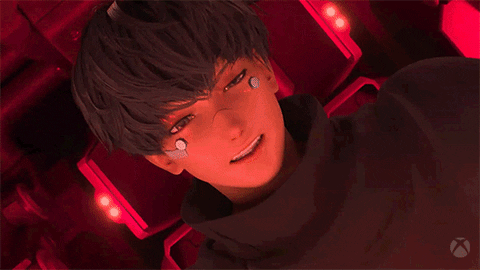Ender's Game, the classic science fiction novel by Orson Scott Card, presents a thought-provoking exploration of ethical considerations that arise when it comes to warfare and leadership. The story revolves around young Andrew "Ender" Wiggin who is recruited for military training at an early age due to his exceptional strategic skills. As the plot unfolds, Ender faces several moral dilemmas which challenge our understanding of right and wrong in a world where survival often depends on ruthless tactics.
One significant ethical consideration raised by this novel is the concept of 'greater good.' Throughout the story, characters justify their actions by arguing that they are necessary for the greater good - even if it means causing harm to innocent individuals or groups. This raises questions about whether any action can be justified in the name of a larger cause and how far one should go when trying to protect society from potential threats.
Another important aspect of Ender's Game is its exploration of leadership ethics. As Ender rises through the ranks, he grapples with issues such as loyalty, obedience, and responsibility. He often finds himself in situations where following orders could lead to disastrous consequences but defying them might result in severe punishment or even death. These scenarios force readers to consider what makes a good leader - one who follows rules blindly or one who takes risks for the greater good?
In conclusion, Ender's Game serves as an excellent platform for discussing various ethical issues related to warfare and leadership. It challenges our beliefs about morality and forces us to question whether there are situations where ends justify means. As we continue to grapple with these questions in real life scenarios, it becomes increasingly clear that understanding the complexities of ethics is crucial for making informed decisions both personally and professionally.
